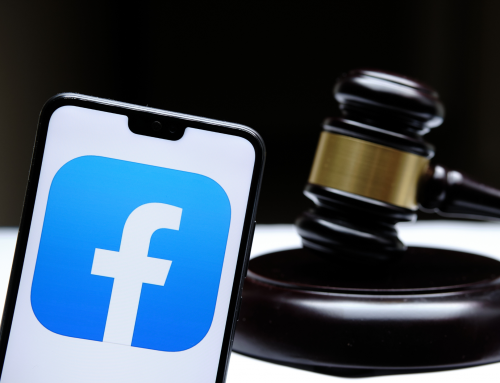Tech giant Meta Platforms, Inc. is facing a class action lawsuit. The parent company of Facebook is said to have undermined Apple’s tracking protection ATT.
In the recent past, the US company Meta has repeatedly been targeted by data protectionists. Now the new accusation. Meta is said to have found a way to circumvent Apple’s tracking protection “Apple Tracking Transparency” (ATT for short) – in order to track the usage behavior of iOS users. Four plaintiffs are named by the responsible California law firm Girad Sharp LLC. But millions of Facebook users could join them.
Internal JavaScript code enables tracking
Since 2021, Apple has already let its users decide whether to consent or reject tracking of their usage behavior. But in some apps, tracking is said to be possible despite a click on “decline.” Data protection expert Felix Krause found this out, as the news service “Bloomberg” reports. According to the report, some apps insert a JavaScript code on every document that is called up by the user. And it is precisely this that is supposed to enable tracking – despite prior rejection.
Apps from Instagram and Facebook affected
Apps from Instagram and Facebook are affected. While the Instagram app should only use the JavaScript code, the Facebook app also starts an internal browser. This opens websites with a tracking ID and thus allows the logging of all text entries, according to the accusation. In this way, it could potentially be recorded that the user clicks on an ad or presses a button or link. The taking of screenshots is also to be stored, according to the statement of claim.
Meta calls accusations “groundless
Meta disagrees. The JavaScript code was developed to collect data only with the user’s consent. And: The internal browser of the Facebook app would respect all user specifications regarding the use of their data, the company said in a statement. If the class action lawsuit is successful, Meta Platforms faces significant consequences. In the USA, those affected can join a class action lawsuit. This means that the four plaintiffs so far could quickly become thousands or even millions of plaintiffs demanding compensation from Meta.







